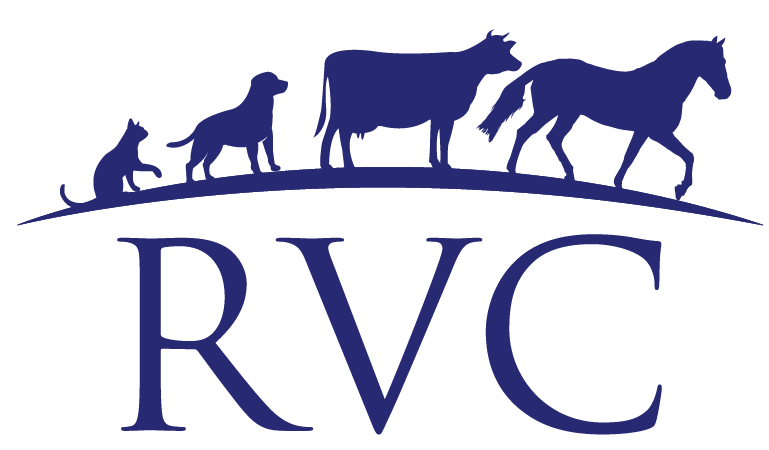Thiamine (Vitamin B1) Deficiency
What is Thiamine?
Thiamine is used in the carbohydrate metabolism pathway in ruminants. It plays a critical role in supplying energy to various organs in the body, specifically the brain.
Thiamine is either ingested directly via feed or produced by certain bacteria in the rumen. It cannot be stored in the body.
How do animals become deficient?
It usually occurs after a recent diet change, particularly onto lusher pastures. Hence it is commonly seen in weaned calves in early summer.
The balance of bacteria changes in the rumen; fewer thiamine-producing bacteria are present, with an increase in bacteria that produce an enzyme which breaks down thiamine (thiaminases).
Lower production of thiamine leads to inhibited carbohydrate metabolism, which causes brain swelling, termed Polioencephalomalacia (PEM).
Secondary thiamine deficiency occurs through any process (sickness) which reduces feed intake and normal digestion. Grazing on soils high in sulphur levels can be a predisposing factor, as high sulphur levels inhibit production of thiamine. This is only a concern if you have had repeated cases over multiple seasons.
What are the signs?
A calf ‘star gazing’ due to thiamine deficiency.
Brain swelling causes neurological signs. These can begin very mildly – e.g. calves are noticed at the back of the mob when being moved, separate themselves, reduced eating/drinking. This progresses to looking ‘drunk’, being wobbly, disorientated, blind, head pressing, shaking and trembling.
It can quickly progress to complete blindness as the brain swelling affects the optic nerve first and eventually can cause animals to go down and not be able to stand back up. They often appear to ‘star gaze’, turning their heads upwards.
How can it be treated?
Acute cases are diagnosed by clinical signs as blood tests take a long time, and speed of treatment is the key to survival. An intravenous vitamin B1 injection is required. Follow up injections of vitamin B1 will be needed over the next few days, starting twice daily. An anti-inflammatory steroid injection can also be used.
If an entire mob is affected, an oral vitamin B drench can be used.
How to prevent it?
Avoiding sudden changes in diet is the key factor to preventing thiamine deficiency, moving cattle onto higher quality feed slowly, with plenty of fibre available.
If a risk period is approaching, using a preventative oral B vitamin drench helps reduce the risk of an outbreak occurring.


